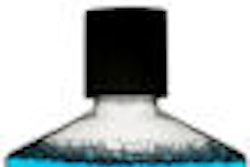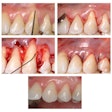An ancient Chinese system of medicine using the appearance of the tongue to determine the body's health has been adapted by University of Missouri (MU) researchers.
The researchers developed software that analyzes images of the tongue, calling it a potential prescreening tool that could contribute to preventive medicine. They hope to create a simple smartphone app that will analyze the color and coating of one's tongue after taking a photo of it.
"Our software helps bridge Eastern and Western medicine, since an imbalance in 'zheng' could serve as a warning to go see a doctor," said study co-author Dong Xu, chair of MU's computer science department in the College of Engineering. "Within a year, our ultimate goal is to create an application for smartphones that will allow anyone to take a photo of their tongue and learn the status of their zheng."
During an evaluation of the software tool, 263 gastritis patients and 48 healthy individuals who served as a control underwent tongue analysis. The patients were classified as having either "hot" or "cold" zheng; the gastritis patients were classified as well, based on symptoms for infection by Helicobacter pylori bacteria and the severity of their gastritis.
Shades of red and yellow are associated with hot zheng, whereas a white coating on the tongue is a sign of cold zheng.
"Hot and cold zheng doesn't refer directly to body temperature," Xu said. "Rather, it refers to a suite of symptoms associated with the state of the body as a whole."
Findings from the study have been accepted for publication in Evidence-based Complementary and Alternative Medicine, the researchers noted.



















